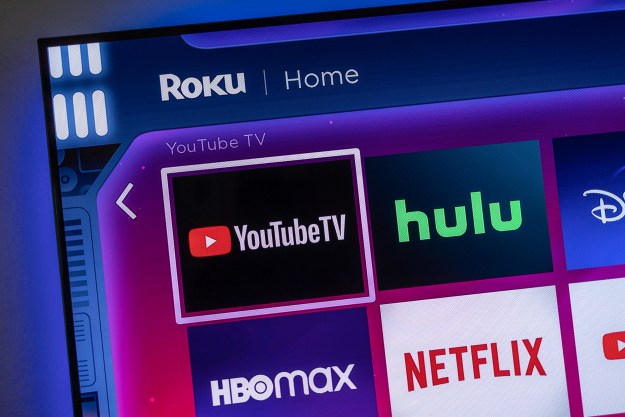
Who’ve have thought we’d be collectively eyeing the end of of 2007 and there would still be no clear high-definition disc format widely accepted by consumers? Although we’re sure the new year will bring all manner of self-congratulatory and chest-thumping press press releases from both camps—particularly as the all-important Consumer Electronics Show launches in Las Vegas in January—the bottom line is that Blu-ray and HD DVD are still at a stalemate and, for the most part, consumers seem content to sit out the “high-def revolution” until things settle down.
For folks keeping score, here’s roughly where things stand:
- The Blu-ray camp is generally seen to be leading in overall disc sales, althought the technology is having trouble moving its more-expensive standalone disc players. The PlayStation 3 is the absolutely best-selling Blu-ray device on the market, and what few people are buying PS3s (at least, in comparison to Wiis) seem to be buying them for gaming purposes, rather than movie-watching. On the content front, movie studios Sony, Disney, 20th Century Fox, and Lionsgate exclusively offer titles in Blu-ray format, and the camp is looking to titles like Spider-Man 3 to push Blu-ray over the top.
- The HD DVD camp still has tech giant Microsoft on its side, and has exclusive content partnerships with Universal Studios, Weinstein, and more recently Paramount, which stopped Blu-ray production in favor of HD DVD. (The only fence-sitter at this point is Warner Brothers, which offers both movies in both HD DVD and Blu-ray formats, although not all titles are available in both.) However, the HD DVD camp is the clear leader in terms of standalone players, with prices for Toshiba’s HD-A2 dipping below $100 at leading U.S. retailers like Wal-Mart and Best Buy over the holiday season, bringing an estimated 100,000 new households into the HD DVD camp.
Amid all the hubbub, it’s worth noting that total sales for both HD DVD and Blu-ray are still hopelessly dwarfed by the sales of standard DVDs and DVD players: although the technologies have been duking it out for a year now, consumers aren’t embracing either in significant numbers.
Industry watchers predict more consumers will opt-in to a high-definition disc format as they upgrade to HD-capable TVs in larger numbers. The more consumers experience high-definition content, they reason, they more they’ll want to get a high-definition disc player of one stripe or another. However, other pundits are wondering of the high-definition disc battle may be outflanked by broadband delivery of high-definition content, whether from cable and satellite operators or via the Internet. It could be that consumers will never adopt a disc format in significant numbers, and instead opt for services that bring high-definition content directly to their homes.
Editors' Recommendations
- Roku Pro Series TVs finally go after the high(er) end, start at $899
- Sony still makes Walkmans, and two models are discounted today
- What is HDR TV? High dynamic range and why you need it
- Could LG’s 3000-nit OLED finally end the brightness wars?
- LG is bringing Baby Shark and high-end art to its smart TVs with a range of new apps


